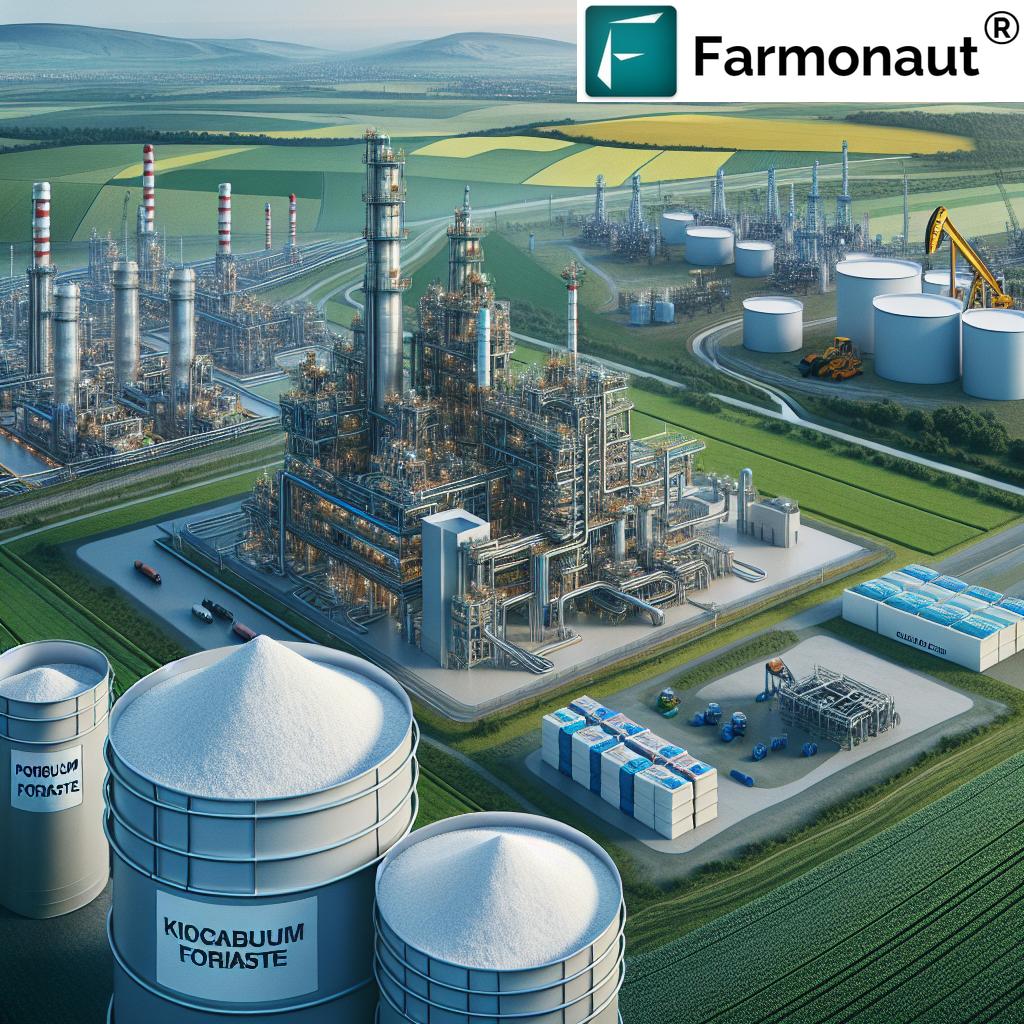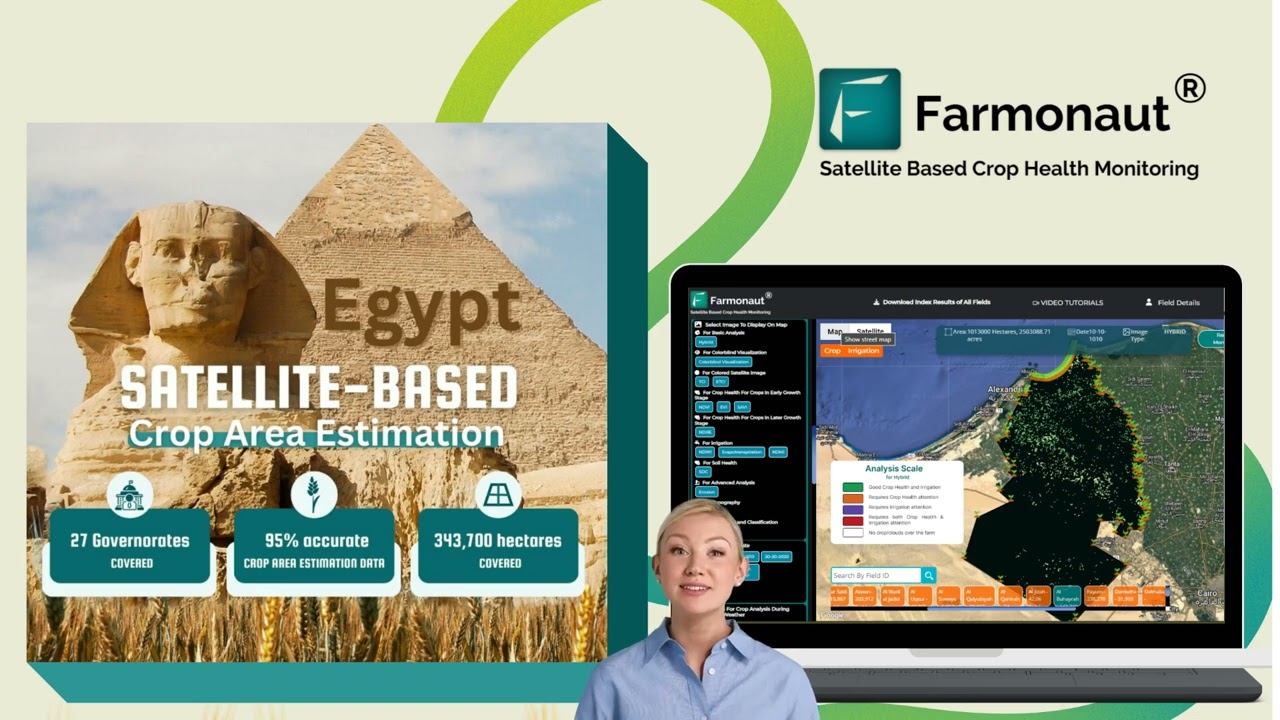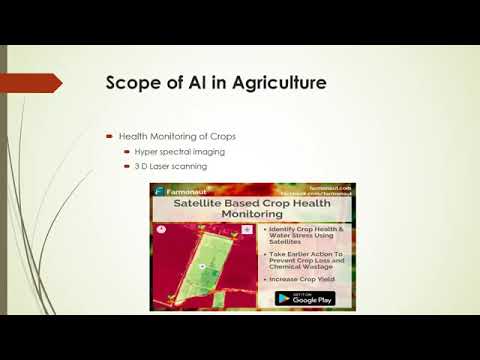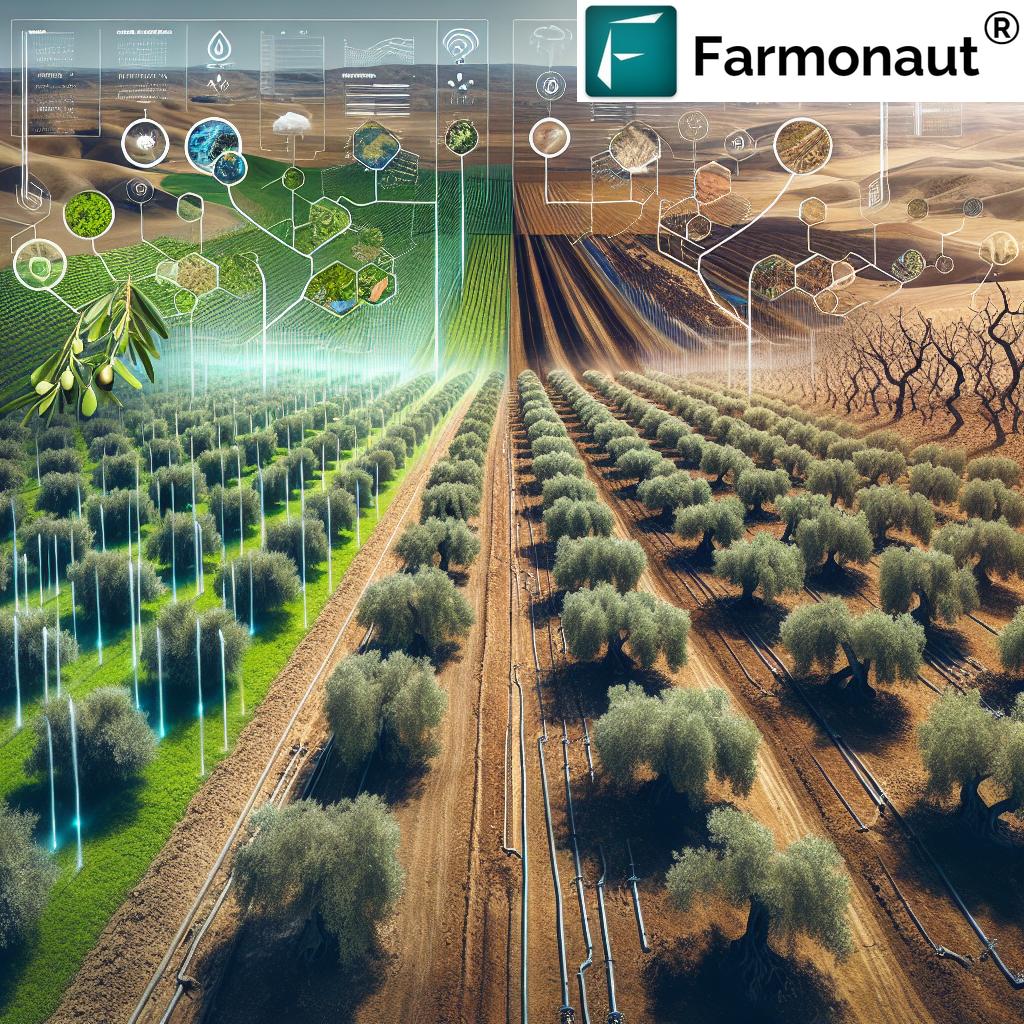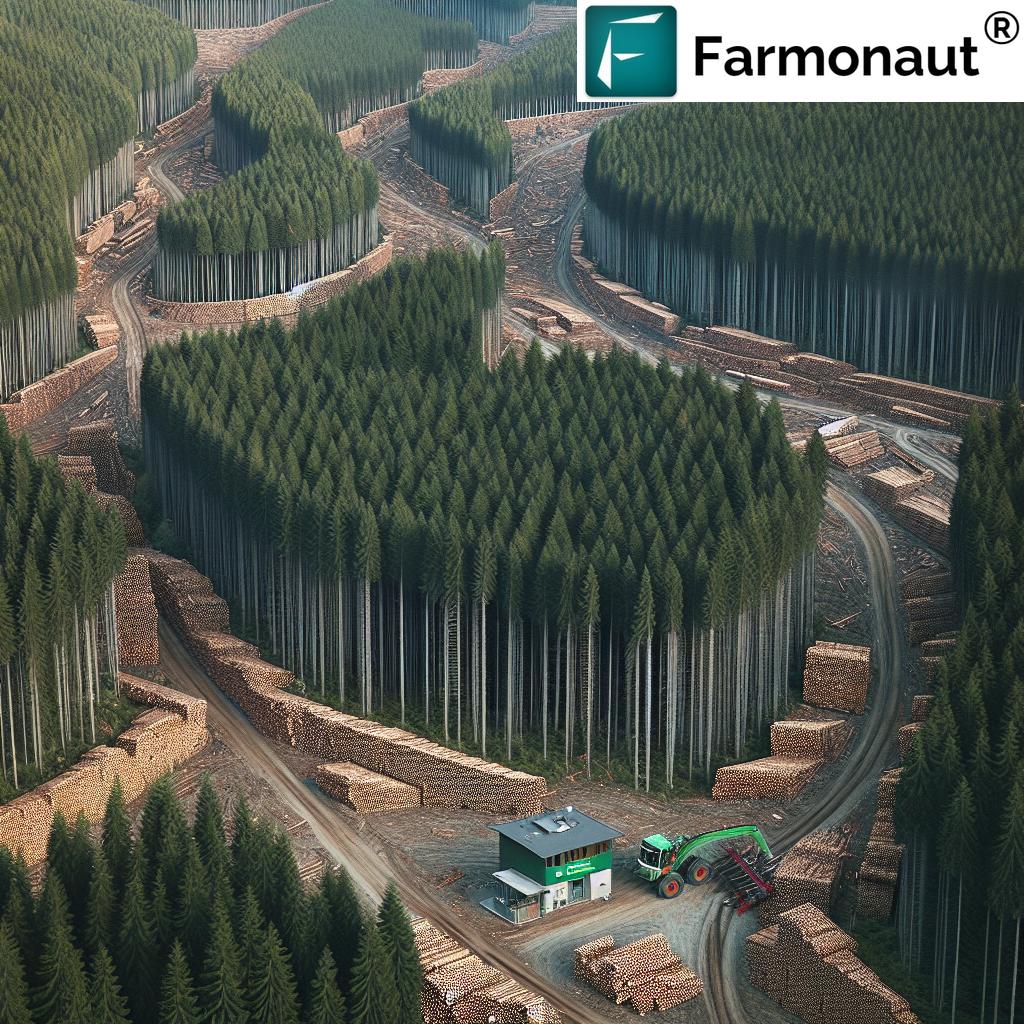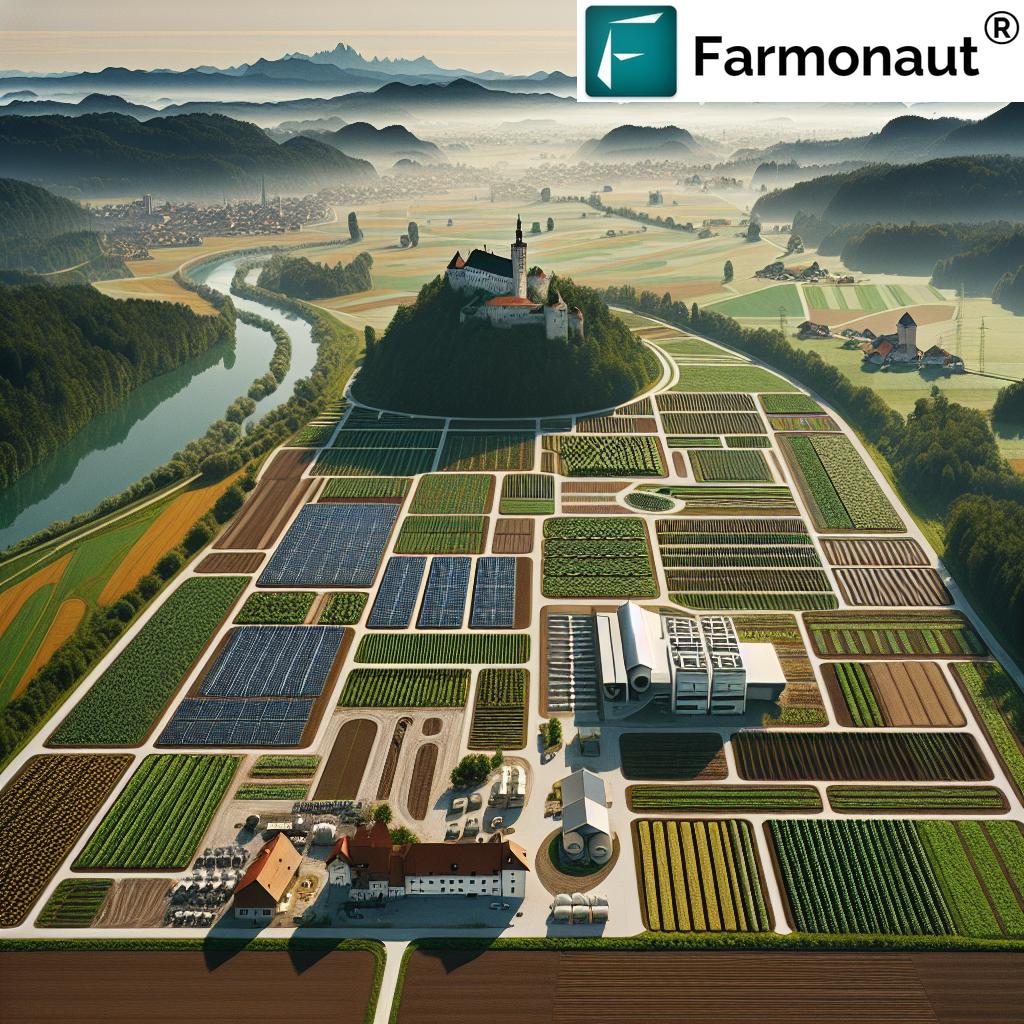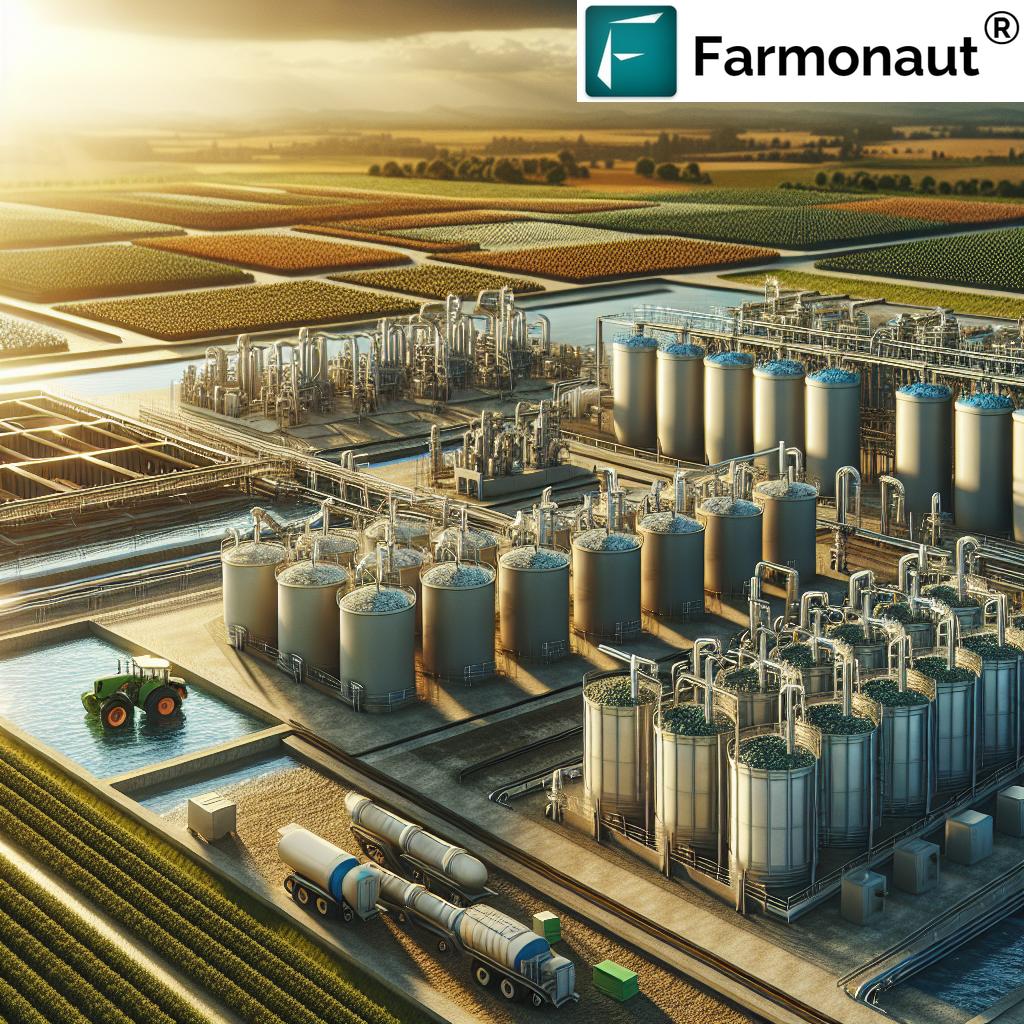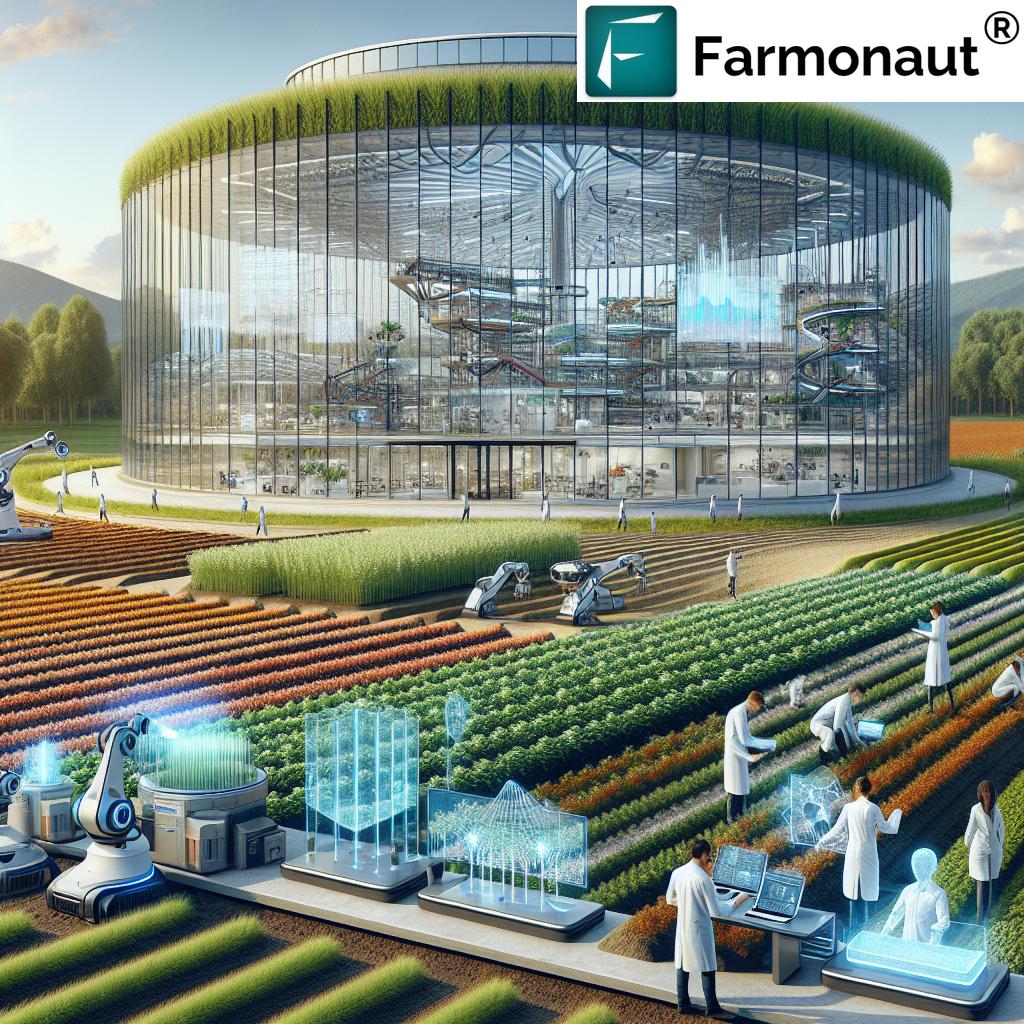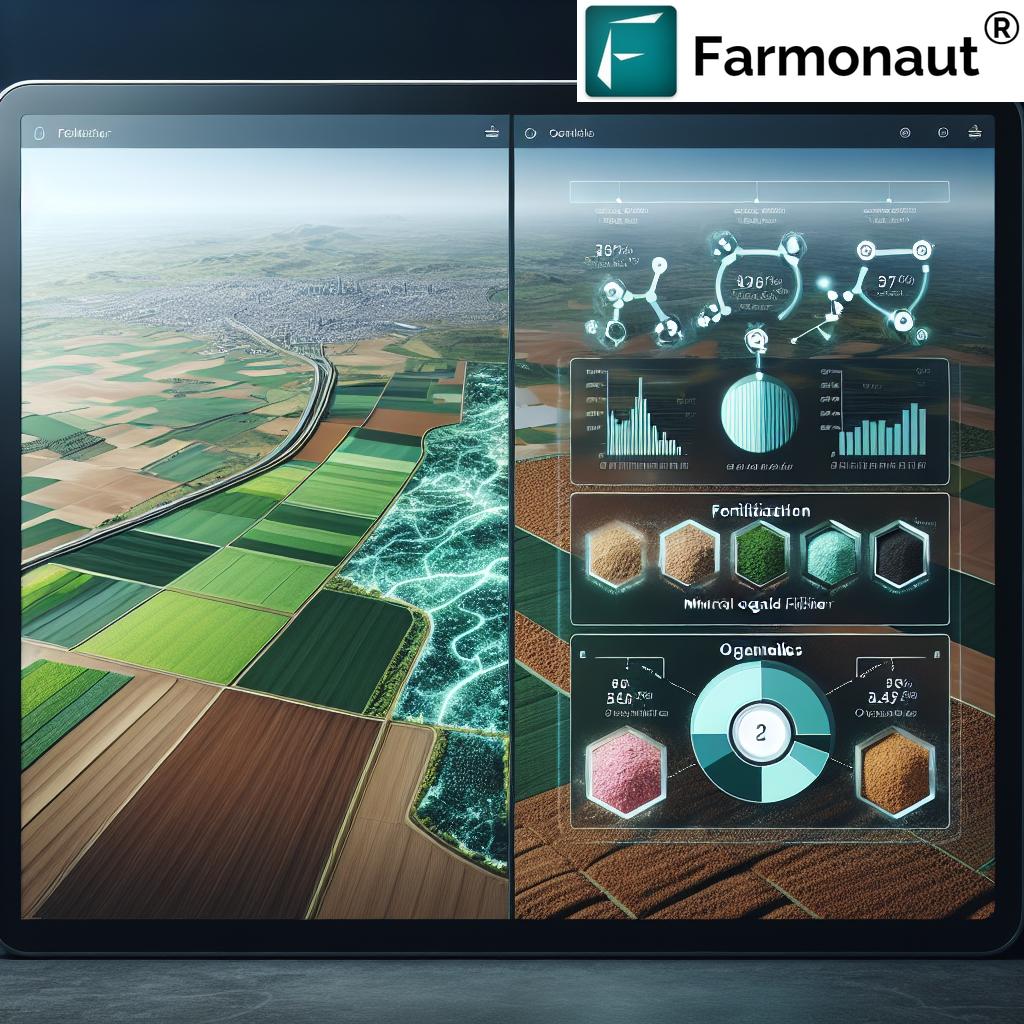Europe Potassium Formate Market 2024: Rapid Growth in Deicing Sector
Delray Beach, FL, May 14, 2025 (GLOBE NEWSWIRE): The potassium formate market is projected to reach USD 0.77 billion in 2024 and is projected to grow to USD 1.07 billion by 2030, marking a steady CAGR of 6.0% over the forecast period, according to the latest MarketsandMarkets™ study.
“Potassium formate demand in Europe’s deicing sector surged by over 15% in 2024, reflecting a shift to eco-friendly solutions.”
Market Overview: Potassium Formate in 2024
The potassium formate market in Europe has emerged as a key focal point in the global chemicals landscape in 2024. This rapid ascension is a testament to the region’s commitment to sustainability, technological advancements, and stricter environmental policies driving industries toward eco-friendly, non-corrosive deicing solutions and industrial applications.
Based on a comprehensive recent study, the market is expected to increase from USD 0.77 billion in 2024 to an estimated USD 1.07 billion by 2030—a 6.0% CAGR that underscores strong, persistent demand across deicing, oil & gas, construction, agriculture, and food & beverage sectors.
- Deicing Sector: Widespread use as the preferred alternative to chloride-based chemicals for airports, highways, and critical municipal infrastructure.
- Industrial Applications: Oil and gas drilling fluids, construction, industrial refrigeration, and niche applications in the food and agriculture industries.
- Environmental Compliance: Adoption closely tied to European Union’s stringent chemical and sustainability regulations.
As we move through 2024, the potassium formate market is not only defined by its inherent chemical benefits but also by its strong alignment with the EU’s climate and regulatory ambitions. This positions Europe as a fast-growing hub and a standard-setter for the global potassium formate industry.
Key Drivers, Opportunities, and Challenges in Potassium Formate Market
- Environmental Regulations: The EU’s REACH and the Green Deal keep driving the transition from traditional chloride deicers to potassium formate due to lower groundwater contamination, non-corrosiveness, and biodegradability.
- Technological Advancements: Ongoing improvements in brine and powder form production and dosing systems have enhanced the stability, shelf life, and flexibility of potassium formate deployment.
- Infrastructure Protection: Non-corrosive traits reduce maintenance costs and extend asset lifespans for bridges, airport runways, and critical transportation routes.
- Market Opportunities: As key industries seek ways to minimize their environmental footprint, potassium formate’s adoption outside of deicing—such as in drilling fluids for the oil & gas sector and as an agricultural input—is expanding.
- Challenges: Despite its growth, potassium formate faces challenges such as cost competitiveness, supply chain volatility, and scaling up for massive industrial applications.
Potassium formate’s rapid rise can also be attributed to its superior ice-melting performance at lower temperatures compared to sodium chloride, safeguarding roads, highways, and runways in severe European winters where conventional chemicals fall short.
“The European potassium formate market reached a valuation exceeding €200 million in 2024, driven by industrial and environmental applications.”
Market Trends in European Potassium Formate Demand
1. Surging Adoption of Eco-Friendly Deicers in Key European Countries
Countries like Switzerland, Germany, Norway, Finland, and Sweden have led the way in widespread adoption, using potassium formate in everything from municipal road maintenance to airport operations. Regulatory focus on minimizing corrosion and soil contamination has propelled regional growth and positioned the European market as a global leader in safe, sustainable deicing.
- Frankfurt Airport and Oslo Gardermoen Airport deploy potassium formate extensively for runway safety and infrastructure protection.
- Nordic nations utilize potassium formate to manage extreme winter road conditions while protecting sensitive natural habitats.
2. Transition from Traditional Chloride Chemicals
Previously, sodium and calcium chloride dominated as deicers but contributed to infrastructure corrosion, soil salinization, and freshwater pollution. The potassium formate market’s shift is thus underpinned by environmental urgency and technological progress, opening up opportunities for innovation in dosing, storage, and eco-compliance.
3. Powder vs. Liquid Form: Evolving User Preferences
The powder form of potassium formate holds the second largest market share, thanks to benefits such as:
- Higher stability and longer shelf life—less risk of spoilage and easier handling compared to hygroscopic liquids.
- Convenient storage and transportation, essential for remote or large-scale operations.
- Desirable for agricultural, construction, and industrial processes where controlled dosing, formulation flexibility, and concentrated applications are needed.
As we progress through 2024 and beyond, we expect powder form solutions to continue gaining traction in niche and high-value sectors.
Potassium Formate Deicing Applications in Detail
Why Potassium Formate for Deicing?
Potassium formate stands out among deicers due to its environmental safety, effectiveness at lower temperatures, and the protection it offers to concrete and metal infrastructure. Its high biodegradability and zero chloride content eliminate the risk of toxic runoff affecting European soils and waterways.
- Airport Runways: The use of potassium formate in airport runways is pivotal. Strict guidelines against chloride-induced corrosion—especially for lighting, navigational aids, and reinforced concrete—make potassium formate the preferred choice for ensuring operational safety in extreme winter conditions.
- Roads & Highways: As European winters grow harsher, maintaining safe, ice-free critical highways with environmentally friendly deicing agents is essential. Potassium formate’s rapid melting, low eutectic point, and minimal infrastructure corrosion have made it the standard for government and municipal road services.
- Railways and Bridges: The preference for non-corrosive, targeted deicing solutions extends to bridges, viaducts, and railway switches, all of which demand minimal maintenance disruption and a low risk of deterioration.
In summary, potassium formate deicing applications have gained widespread acceptance as stricter environmental standards take hold. The popularity of potassium formate in airport runways and major European infrastructure underscores its effectiveness, efficiency, and compatibility with the continent’s sustainability agenda.
Benefits of Potassium Formate as a Deicer
- Environmentally Friendly: No chloride, fully biodegradable within days, with a low risk to aquatic and wildlife systems.
- Non-Corrosive: Prevents decay and damage to reinforced concrete, steel, and sensitive airport electronics.
- Operational at Lower Temperatures: Reliable ice melting down to -51°C, outperforming sodium chloride under harsh European conditions.
- Minimizes Soil Impact: Avoids soil structure disruption and plant toxicity seen with legacy deicing compounds.
- Cost-to-Performance: Though costlier per ton, long-term savings are realized in reduced repair, maintenance, and environmental remediation fees.
Potassium Formate in Oil and Gas Industry
The oil and gas sector is pivotal for European potassium formate demand. As North Sea offshore drilling continues, high-performance, environmentally friendly drilling fluids have become standard. Here’s why potassium formate is favored:
- High Density & Thermal Stability: Potassium formate brines enable effective pressure control at depth and resist breakdown in high-temperature reservoirs.
- Minimal Environmental Footprint: As exploration increasingly navigates protected marine areas, potassium formate’s low ecological impact is a significant advantage.
- Operational Safety: Easy handling and low toxicity reduce risk to human operators and wildlife in accidental releases.
Major companies such as Equinor and Shell prioritize potassium formate-based fluids for improved regulatory compliance and to meet sustainability targets set by the EU and respective national agencies. As a result, the oil and gas drilling sector acts as a strong driver, supporting potassium formate market growth forecast over the next decade.
Learn how advanced technologies enable more sustainable industrial operations: see Farmonaut’s Carbon Footprinting solution for real-time emissions monitoring.
Potassium Formate in Airports, Runways, and Critical Infrastructure
Europe is home to many bustling airports and complex transportation networks. Critical infrastructure such as runways, highways, tunnels, and bridges faces frequent threats from winter weather and corrosion. Potassium formate offers unparalleled safety, reliability, and compliance with strict operational standards.
- Major Airports: Airports such as Frankfurt, Oslo Gardermoen, Helsinki-Vantaa, and Zurich are at the forefront of deicing innovation, systematically transitioning to potassium formate for its environmentally friendly, fast-acting performance.
- Highways and Municipal Roads: Non-corrosive potassium formate solutions minimize structural repairs and downtime, particularly in countries with severe winter climates.
To ensure effective infrastructure and fleet oversight during harsh winter months, agribusinesses and public bodies can benefit from Farmonaut’s Fleet Management—an advanced logistical solution for optimized resource allocation and real-time asset tracking.
Potassium Formate in Agriculture: Sustainable Uses
Beyond deicing, potassium formate agriculture use is gaining momentum as European farmers seek to optimize yields and minimize their environmental footprint. Potassium formate’s high solubility and rapid nutrient delivery make it a valuable fertilizer additive:
- Provides essential potassium nutrition—for enhanced growth, improved drought resistance, and better disease resilience.
- Reduces soil degradation compared to traditional potassium chloride, supporting healthy, sustainable cropping cycles.
- Ideal for precision agriculture systems, where real-time application and controlled dosing maximize agronomic returns.
Industrial food and beverage producers are also adopting potassium formate for niche uses due to its non-toxicity and easy assimilation in controlled food processing environments.
To further advance agricultural sustainability, Farmonaut provides Blockchain-Based Product Traceability for robust supply chain transparency, essential for eco-conscious growers and food companies.
For improved farm productivity and data-driven agricultural management, check out Farmonaut’s Large-Scale Farm Management Platform—a web, iOS, and Android solution integrating satellite insights into everyday farming decisions.
Europe Potassium Formate Market Breakdown by Application Sector (2024, Estimated Values)
| Application Sector | Estimated Market Share (%) | Estimated Volume Demand (tons, 2024) |
|---|---|---|
| Airport Runways | 21% | 25,000 |
| Roads & Highways | 27% | 32,000 |
| Industrial Refrigeration | 12% | 14,200 |
| Oil & Gas Drilling Fluids | 18% | 21,500 |
| Agriculture (Fertilizer/Additive) | 11% | 12,800 |
| Other Industrial Applications | 11% | 13,500 |
| Total | 100% | 119,000 |
*Data source: MarketsandMarkets™. Rel=”nofollow”.
Technology Advancements & Sustainability in Potassium Formate Market
- Production Innovations: Ongoing investments in high-purity, powder form production have improved shelf life and reduced risk of leakage or evaporation, crucial for long-distance transportation.
- Dosing & Application: Modernized dosing systems enable controlled application—minimizing product wastage and environmental impacts, and allowing end users to tailor solutions for highly variable climates.
- Formulation Flexibility: Industrial users and agricultural producers can adapt potassium formate into granules, powder, or liquid brine based on their unique operational requirements—driven by shelf stability and process compatibility.
- Market Response: Major manufacturers (Perstorp Holding AB, Clariant, ADDCON GmbH) are focusing on capacity expansion, high-purity R&D, and product customization, driving overall market growth in the European region.
Strengthen your environmental responsibility: Explore Farmonaut’s Carbon Footprinting module for real-time tracking and reporting of emissions.
Enterprises can further enhance data-driven management with Farmonaut’s Fleet and Resource Management Tools—cutting operational costs via optimized logistics and real-time oversight.
Farmonaut’s Contribution to Environmental Agriculture
As agriculture strives to align with chemical safety and environmental sustainability, Farmonaut is at the forefront—making advanced precision farming solutions affordable and accessible to growers and stakeholders worldwide.
Farmonaut Platform: How It Empowers Modern Agriculture
- Satellite-Based Monitoring: Enables real-time crop health insights, optimizing fertilizer usage (including potassium formate), irrigation scheduling, and pest control.
- Jeevn AI Advisory: Delivers weather forecasts and tailored agronomic guidance, driving on-farm productivity and environmental stewardship.
- Blockchain Traceability: Guarantees supply chain transparency for food and beverage sector compliance with eco-labeling and quality assurance demands.
- Fleet & Resource Management: Assists agribusinesses in orchestrating efficient logistics, especially critical during peak deicing and harvesting seasons.
- Real-Time Carbon Footprinting: Monitors emissions so large-scale agricultural enterprises can proactively reduce their environmental impact.
Our satellite and weather API is open for integration, extending these benefits to platform developers and researchers across industries.
Developers can find full documentation here: API Developer Docs
If you’re seeking innovative tools to ensure compliance, precision, and sustainability, Farmonaut’s modular approach covers individual farmers to large corporations—spanning crop monitoring, crop loan & insurance validation, and comprehensive farm management.
Emerging & Future Trends: Potassium Formate Market Growth Forecast
Our analysis shows that potassium formate market growth forecast is set for a robust, sustainable trajectory through 2030 and beyond. Key elements driving this projected growth include:
- Expansion into New Sectors: Automotive, advanced refrigeration, and smart urban infrastructure projects are now integrating potassium formate for its combined environmental and performance benefits.
- Growing Awareness and Adoption: Public and private sector education campaigns about eco-friendly deicing alternatives have improved adoption rates across central and Eastern Europe.
- Custom Deicer Formulations: Blended potassium formate solutions targeting niche climates, altitudes, and traffic volumes.
- Rising Agricultural Applications: Demand for sustainable potassium-based fertilizers and additives continues to rise, fueled by EU-backed soil health initiatives.
Manufacturers are rapidly increasing capacity and investing in high-purity, stable powder forms, while technological advancements continue to enhance product efficacy and market accessibility.
EU Regulations & Environmental Compliance
A primary factor in the European potassium formate market boom is the region’s regulatory environment, which directly supports environmentally friendly deicers and penalizes harmful legacy chemicals. The following frameworks are pivotal:
- EU REACH Regulation: Tightens the use and reporting of hazardous chemicals, promoting transition to safer alternatives like potassium formate.
- European Green Deal: Pushes industries toward carbon neutrality and eco-centric operation, further increasing the desirability of potassium formate-based solutions.
- National and Local Standards: Countries such as Germany and Sweden have enacted deicing guidelines favoring non-corrosive, soil-safe compounds.
Adhering to these policies not only protects citizens and infrastructure but can also reduce long-term operational costs for public agencies and private operators.
FAQ: Potassium Formate Market in Europe
- What is potassium formate, and why is it increasingly used in Europe?
Potassium formate is a salt commonly used as a deicing agent, industrial process fluid, and fertilizer additive. Its popularity in Europe stems from its non-corrosive, biodegradable nature and effectiveness at low temperatures, supporting infrastructure longevity and environmental protection. - In which markets and applications is potassium formate demand rising fastest?
Deicing (airport runways, highways), oil & gas drilling fluids, agriculture, industrial refrigeration, and selected food & beverage processes are witnessing the fastest growth in potassium formate adoption. - How does potassium formate compare to traditional chloride-based deicers?
While potassium formate carries a higher upfront cost, it excels in environmental performance and infrastructure protection, with no risk of corrosion, groundwater contamination, or soil toxicity. - How are European regulations impacting the potassium formate market?
Stringent EU policies—such as the REACH Regulation and the Green Deal—are accelerating the shift to eco-friendly deicers, directly favoring the widespread adoption of potassium formate. - How can Farmonaut help agriculture and related industries comply with eco-friendly standards?
Farmonaut offers real-time crop, soil, and emissions data via satellite and AI-powered tools, helping farmers, agribusinesses, and public entities meet regulatory, productivity, and sustainability goals while optimizing potassium formate and other inputs. - Where can stakeholders access Farmonaut’s services?
Farmonaut is available as a web application, Android and iOS apps, and via API for enterprise integration.
Conclusion: Europe’s Potassium Formate Market—A Hub for Sustainable Growth
The European potassium formate market is in the midst of a transformative era. With rising demand in deicing, oil & gas, agriculture, and process industries, it presents broad-based opportunities for manufacturers, distributors, and end users seeking to combine sustainability, efficiency, and regulatory compliance.
Potassium formate deicing applications, especially in airport runways and highways, power regional infrastructure maintenance and environmental protection. Its growing adoption in the North Sea oil & gas sector and in agriculture further cements its status as an industry-standard solution.
At Farmonaut, we remain committed to empowering the agricultural sector and associated industries through advanced, data-driven insights, satellite monitoring, and transparent, scalable service delivery. Explore our web app, Android app, and iOS app for state-of-the-art farm management and compliance tools.
For those in need of comprehensive carbon accounting, product traceability, large-scale farm management, or robust fleet tracking in agriculture and beyond, our modular solutions remain accessible and scalable to every level of user and operation.
The potassium formate market’s robust projected growth in Europe confirms its vital role in building a resilient, sustainable, and future-ready industrial and agricultural ecosystem. We invite stakeholders across the continent to join us in advancing the cause of blockchain-enabled transparency, AI-powered advisory, and affordable, precision-focused agriculture—with potassium formate as a key enabler of green progress.



